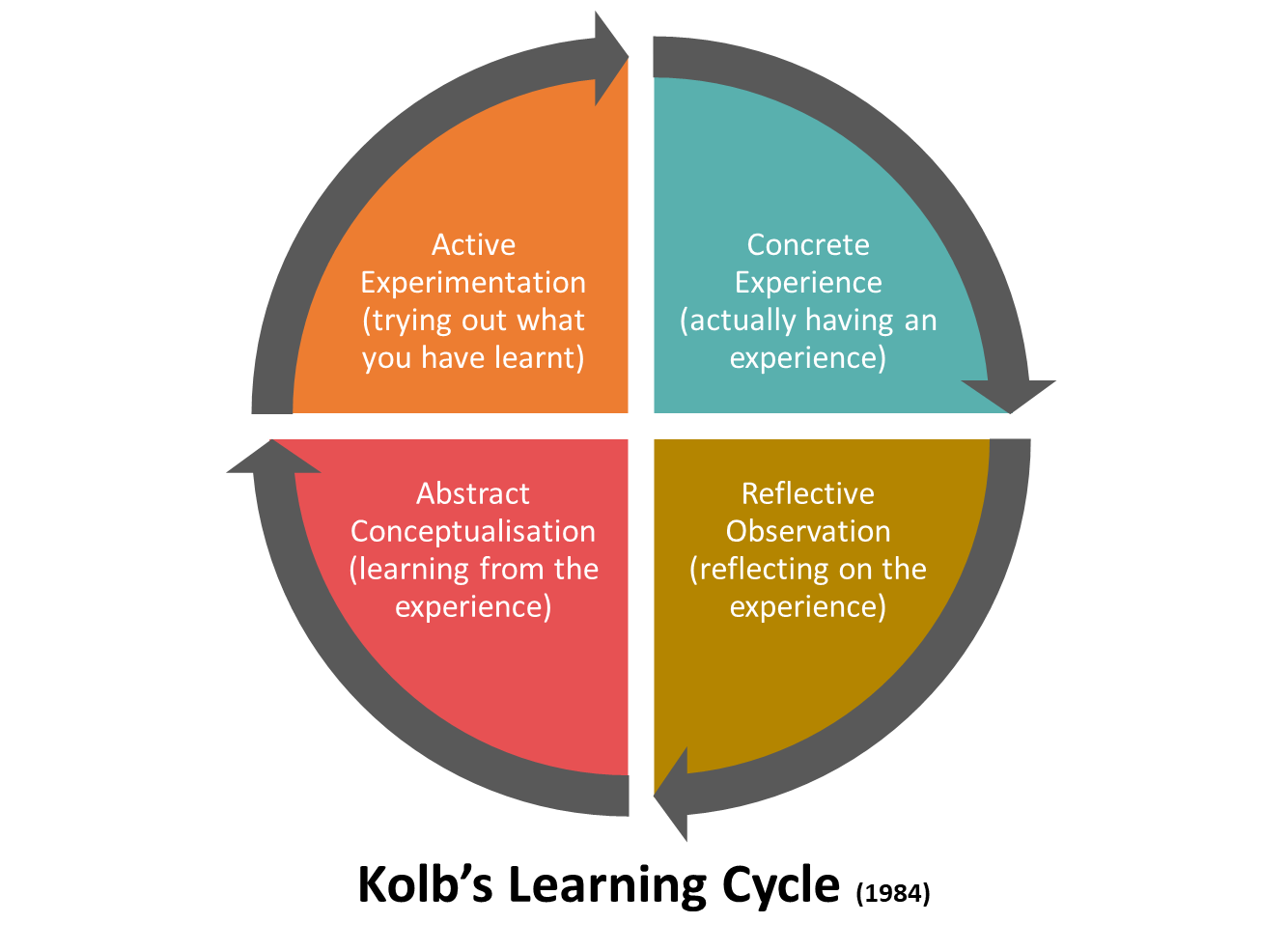How to teach online [Week 3/3]
Assessment, feedback, reflection, and evaluation, the elements crucial to restart the loop of teaching and learning.
![How to teach online [Week 3/3]](https://images.unsplash.com/photo-1488190211105-8b0e65b80b4e?crop=entropy&cs=tinysrgb&fit=max&fm=jpg&ixid=MXwxMTc3M3wwfDF8c2VhcmNofDE0fHxlZHVjYXRpb258ZW58MHx8fA&ixlib=rb-1.2.1&q=80&w=2000)
We got through the final week of the course!!! In Week 3, we were shared on articles, resources, and advices on how to ensure learning is looped forward, and given a tweaked perspective on assessments, feedback, and reflections.
Assessments and feedback go hand in hand to ensure a learning loop is formed. A comment shared by Lezandra Grundlingh (one of the participants in this course) described formative assessments and feedback as mirrors and summative as a photograph. I am tickled yet enlightened by this analogy. Formative assessments and feedback enables you to check on yourself on what you can fix or improve on, whereas summative assessment is the snapshot in time of you. The point is to use the "mirrors" to continuously fix yourself up (or in this case also your learners) to take a picture you won't regret looking back at. LOL
When it comes to assessments, be it online or offline, synchronous, asynchronous, the main intention should always be to provide meaningful and timely feedback after (to your learners and to yourself), so subsequent learning intervention or encouragement can be incorporated. Involve your learners on what feedback they require. This helps them review their own learning needs and helps keep it more explicit for both of you in terms of what is needed. However, do not also miss the idea that feedback can also be given for any behaviours or values that are encouraged to be repeated, or need to be reduced or stopped.
Feedback should be timely, contextualised, sufficient, fair, forward-looking.

Then, reflect on all that you have experienced in a particular duration of time, a lesson, a day, a week. Reflections can be done in many ways and it may already be a habit we are very familiar with it, doing them day in day out for every lesson we have anyway. So here's is just a reminder. Different frameworks were shared in terms of how we can ensure our reflections can be actioned upon. Most importantly, don't fall into a rabbit hole of the blame-game or guilt-finding. Think about what can be iterated or tried next to find out what works for ourselves and our learners.
Simple reflective framework: "What? So what? Now what?"

Across the whole course, what they tried to emphasise a lot on was also to learn from one another. In this course is a rich community comprising of educators from a multitude of backgrounds, with similar yet different experiences, with a whole lot of different ideas everyone can try, and everyone voluntarily commit time and effort to learn. From my own study, discussions were proven to catalyse learning that translate into execution and implementation, and empower learners to try, fail, share, and learn from their own experiences and from one another.
By the end of the course, they opened a safe space for QnA, then proceed to also ask us for feedback and suggestions. There was no formal assessment, as the main intention was to support educators through these trying times and not adding that extra pressure of needing their learners to excel or pass this knowledge sharing module. (Hmmm, something to think about for our students too.)
I personally had some hanging questions at the end. What about digital literacy, digital ethics, classroom management for online learning? How can the school, the parents, and the community around them come together to support learning for their kids through this blended learning or perhaps fully remote/online learning situation? What about all the missing experiences that kids can learn from by playing and learning together, regardless of age or grades they are in (e.g. Sports Day, cultural festivals, Teacher's Day, Children's Day, etc)? Well, that is for another course or conversations to be had.
Ultimately, this course is a reminder to all educators to do what you do best: Care & Educate.
Do what you do best as an educator: Care & Educate.
p/s: Thanks Tong for your sharing and listening through this course with me! Appreciate the discussions and reflections we had and the accountability we kept on each other.
Check out the course (#notasponsor) in the link below if you'd like to learn about how to teach online firsthand.


